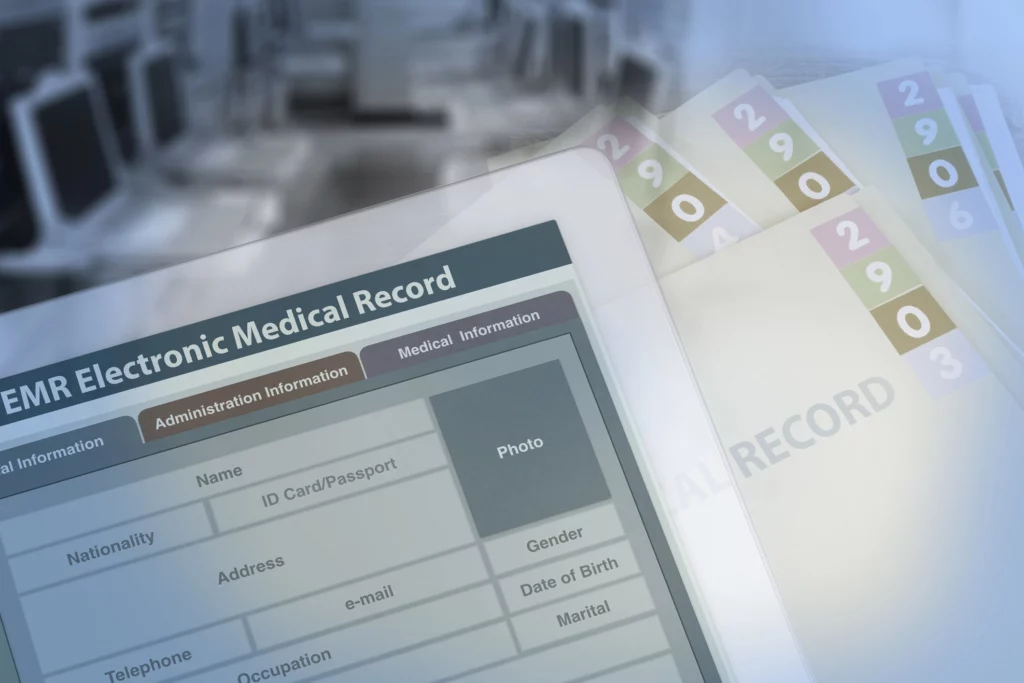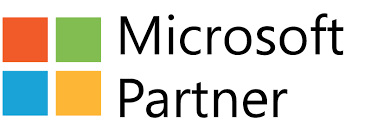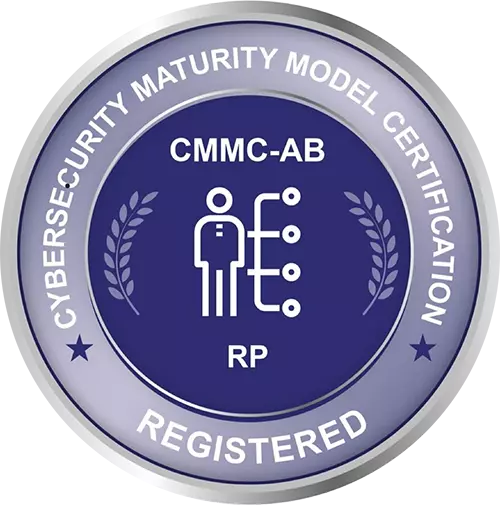The continued push for value-based care means that healthcare organizations need to focus on data abstraction. It involves two types: core measures and medical records. Here’s why both of these are necessary, and how HCRS can help.
Core Measures
Core measures make up national standards of care and treatment. If you want to maintain compliance, your data must reflect these services, how often they are provided, and under what circumstances. Abstraction gleans this relevant information, and identifies areas for process improvement.
Medical Records
Medical records hold the keys to improved health outcomes and reductions in both health complications and readmissions. Abstraction gives you access to these benchmarks, metrics, and specific courses of treatment through timely, consistent, accurate data collection.
HCRS’s Approach to Abstraction
Our approach to data abstraction for core measures and medical records has been refined over the many years we’ve partnered with federal, state, and commercial healthcare practices. We are experts when it comes to performing large-volume medical record reviews under statutory timeframes. Here are steps we follow to achieve a 98 percent (or higher) confidence level.
Recruitment. Our hiring and retention allows us access to a talent pool across a diverse geography, including remote and saturated markets. Personnel meet all contractual requirements for experience, education, certification, security, health, and immunization. We have access to, and consistently seek, HIM (Health Information Management) professionals who have previously worked in a government healthcare environment.
This approach includes contracts that must be filled on short notice. Our average turnaround time to hire new personnel is no more than two to three weeks at most, with time to hire replacement staff at 10 days or less.
Specialization. Our data abstraction, coding, and auditing includes the International Classification of Diseases, 9th Edition, (ICD-9); International Classification of Diseases, 10th Edition (ICD-10); Diagnostic and Statistical Manual of Mental Disorders, 4th Edition, (DSM-4); Current Procedural Terminology, 4th Edition, (CPT-4); Healthcare Common Procedure Coding System (HCPCS); Diagnostic Related Groups (DRGs); and Berenson-Eggers Type of Service (BETOS).
Technology. We utilize the latest tools and technology available for data abstraction and management, while adhering to all best practices when it comes to cybersecurity. We follow the outline for the Cybersecurity Maturity Model Certification, and guide other organizations in the healthcare space on the steps they can take to qualify.
Objectivity. Data analysis must be objective. All abstracted data we review reflects actual entries from organizations’ medical records — nothing more or less. Even the smallest nuance can have a significant impact on the validity of a given study, especially if it isn’t reported early on. This unbiased approach is a core concept we reinforce with every HIM professional we hire.
Examples of Our Abstraction
Maryland Health Care Commission (MHCC). We supported the Commission as a subcontractor to collect data and measurements for the Maryland State Quality Measures Data Center (QMDC). This included validation of Cardiac Registry data submitted by 23 Maryland hospitals over a three-year timeframe. Our RN abstractors collected specified National Cardiovascular Data Registry (NCDR) data from both electronic and hardcopy medical records.
Medicaid Integrity Contractor (MIC) Program. As a subcontractor, we conducted a comprehensive medical records review that included desk and field audits in 19 states west of the Mississippi and three Pacific territories. Our RNs and coders conducted over 10,000 complex review audits per year for a total program duration of six years.
State of Maryland Data Validation. Working closely with a prime contractor, HCRS provided validation of Hospital Acquired Infection (HAI) data collected from Maryland hospitals via the National Healthcare Safety Network (NHSN) system. Our team successfully executed a process that included auditor training, procedures for case selection, procedures for establishing a threshold for accepting a case as valid, execution of the audit plan, as well as provisions for hospital review and data resubmission.
Your Abstraction
Does your team want to see the same success with its own data abstraction for core measures and medical records? We’re ready to support you. Contact us today to start that process.












